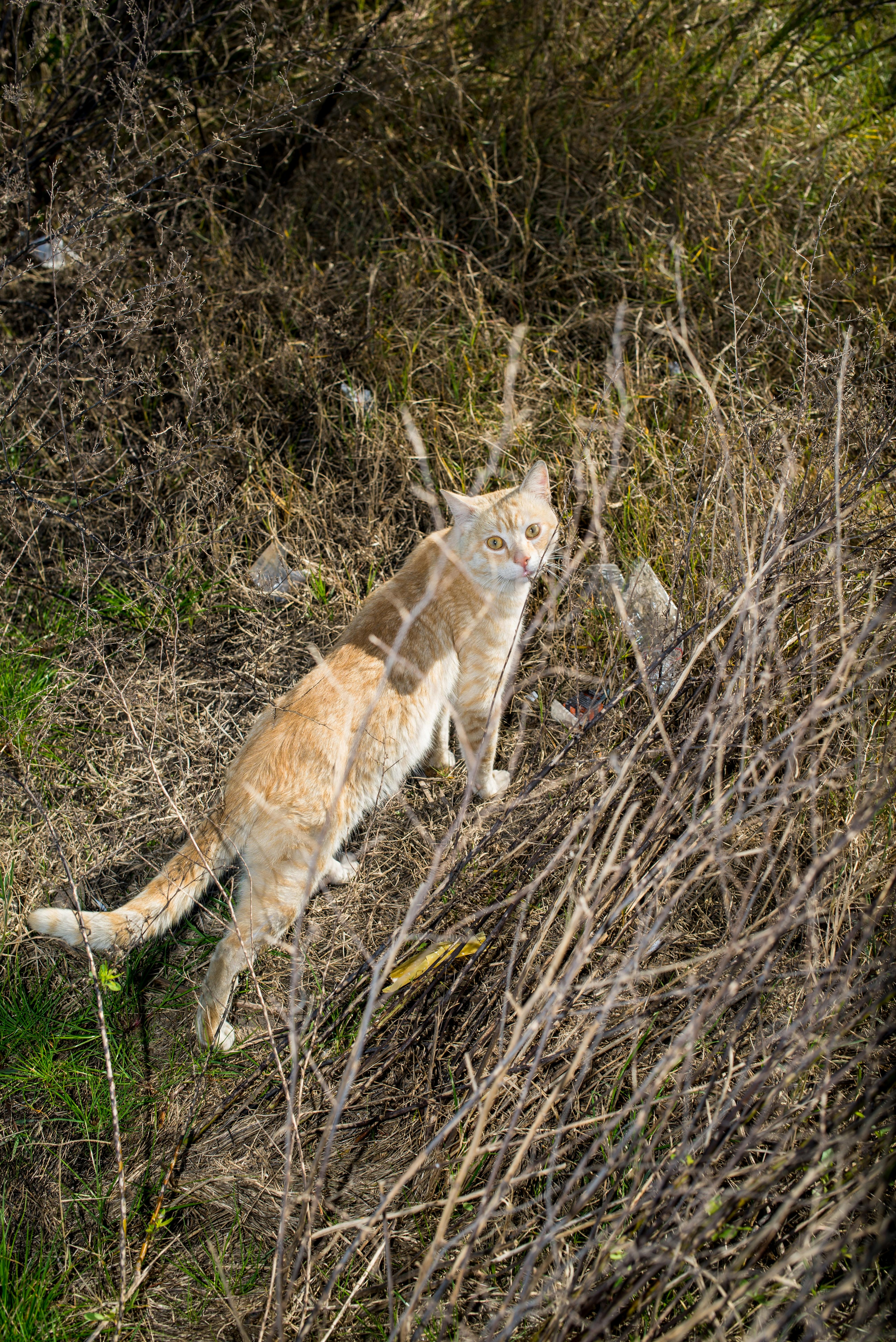Top 5 Reasons Why Cats Adore Fish in 2025

Top 5 Reasons Why Cats Adore Fish in 2025
Understanding Cats’ Love for Fish
It’s no secret that cats have a natural affinity for fish. This preference stems not only from their historical dietary patterns but also from the rich flavors and aromas fish offers. Fish is not just a tantalizing treat for our feline friends; it meets many of their nutritional needs. In 2025, as pet owners become more aware of their cats' dietary requirements, understanding why cats love fish is paramount. This article will explore the benefits of incorporating fish into a cat's diet, focusing on the different types of fish safe for feline consumption.
The Nutritional Benefits of Fish for Cats
Fish is packed with essential nutrients. High in omega-3 fatty acids, fish supports a cat's coat health, enhances cognitive functions, and promotes overall well-being. Protein, a vital component of a cat’s diet, can also be abundantly sourced from fish, making it an excellent protein alternative for picky eaters. Additionally, fish provides crucial vitamins and minerals that contribute to a balanced feline diet, assisting in digestion and immune function.
Types of Fish That Cats Can Safely Enjoy
When considering fish for your cat, it’s crucial to choose safe options. Varieties such as salmon, sardines, and trout are not only appealing to cats but also provide significant health benefits. Each type of fish comes with its own nutritional profile, ensuring that your feline friend gets the diverse nutrients they need for a healthy diet. However, it is important to avoid species that might contain high mercury levels or toxins that could be harmful to cats.
Preparing Fish for Cats: Best Practices
Cooking fish for cats can be a delightful experience for both pets and their owners. It is essential to prepare fish carefully, ensuring it is cooked without harmful seasonings or additives. Whether you opt for canned fish, commercially prepared fish-flavored treats, or homemade meals, always check for bones and potential allergens. Engaging cats with various fish preparations can make mealtime more exciting and encourage healthy eating habits.
Potential Risks and Allergies When Feeding Cats Fish
While many cats adore fish, some may develop allergies or sensitivities over time. It’s vital for cat owners to monitor their pets for any adverse reactions such as vomiting or diarrhea after consuming fish. Additionally, consider introducing fish slowly into their diet and consult with your veterinarian for tailored dietary recommendations, particularly if you’re transitioning from standard food practices to incorporating fish into their meal routine.
Exploring Fish Preferences in Cats
Why Cats Prefer Certain Fish Flavors
Just like humans have particular food preferences, cats also exhibit specific tastes for certain fish flavors. Tuna flavored cat food often reigns supreme in terms of popularity among feline palates. Studies show that cats are highly attracted to the salty, rich flavors present in certain types of fish. By understanding these preferences, cat owners can make informed choices about which fish-based products to include in their cats' diets.
Feeding Cats Fish as a Treat
Incorporating fish into a cat's diet doesn't have to be limited to regular meals. Fish can serve as an excellent treat. Fish-flavored snacks or small bite-sized fish pieces can be great motivators for training or positive reinforcement. However, moderation is key to avoid excessive protein intake. It's also important to ensure that treats don't disturb the overall balance of a cat's dietary requirements.
Alternatives to Fish in Cat Diets
While fish can be a great protein source for cats, not every cat can safely consume it. There are numerous alternatives available that can replace fish’s protein in cat diets. Poultry and certain plant-based proteins can provide similar nutritional benefits, ensuring that cats with dietary restrictions or allergies have satisfying options. Understanding these alternatives enriches the conversation about healthy cat feeding practices.
Ethical Sourcing of Fish for Cat Food
As awareness about sustainability grows in 2025, responsible sourcing of fish becomes crucial in the pet food industry. Purchasing fish-based cat foods that prioritize ethical fishing practices ensures that you are contributing positively to environmental health. Selecting brands that promote sustainable fish sourcing should be a priority for mindful cat owners.

Implementing Fish into Your Cat's Diet
Smart Practices for Introducing Fish
When adding fish to your cat’s diet, start with small quantities to gauge their reaction. Observe your cat's behavior and health over the next few days after introduction to identify any potential allergies or sensitivities. Gradually increasing the quantity can also help in adjusting their digestive system to new dietary changes.
Homemade Fish Recipes for Cats
Preparing homemade fish recipes is also an option for pet owners who want more control over their cat's diet. Simple recipes can include baked fish with vegetables that are safe for cats, ensuring a balanced meal right at home. This also allows the avoidance of unnecessary preservatives found in many commercial brands.
Commercial versus Homemade Fish Treats
Choosing between commercial and homemade fish treats can depend on convenience versus quality control. While high-quality commercial fish treats are formulated to meet dietary needs, homemade treats can offer fresher ingredients without additives. Finding a balance between the two can enhance meal variety and interest for your cat.
Monitoring Your Cat’s Response to Fish
Always keep a watchful eye on your cat’s health and response to fish in their diet. Changes in energy levels, coat quality, or digestive regularity can indicate how well they are adapting. Keeping a dietary journal can be beneficial to pinpoint what works best for your feline's unique nutritional requirements.

Conclusion: Fish as a Vital Part of Your Cat's Diet
In summary, fish can play a crucial role in meeting the nutritional needs of cats, providing a tempting flavor that many felines adore. By understanding their food preferences, nutritional benefits, and how to incorporate fish safely, cat owners can provide their pets with a balanced and enjoyable diet. Whether looking for the best fish options, making homemade treats, or selecting quality commercial products, fish can enhance a cat's life, satisfying both their palate and health requirements. Embracing these practices recognizes the significant relationship between diet and feline well-being, ensuring your furry friend remains healthy and happy.